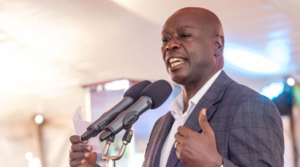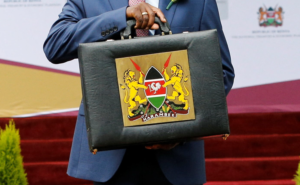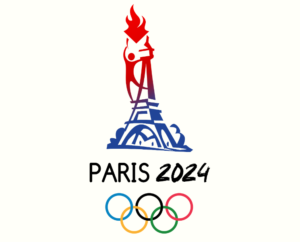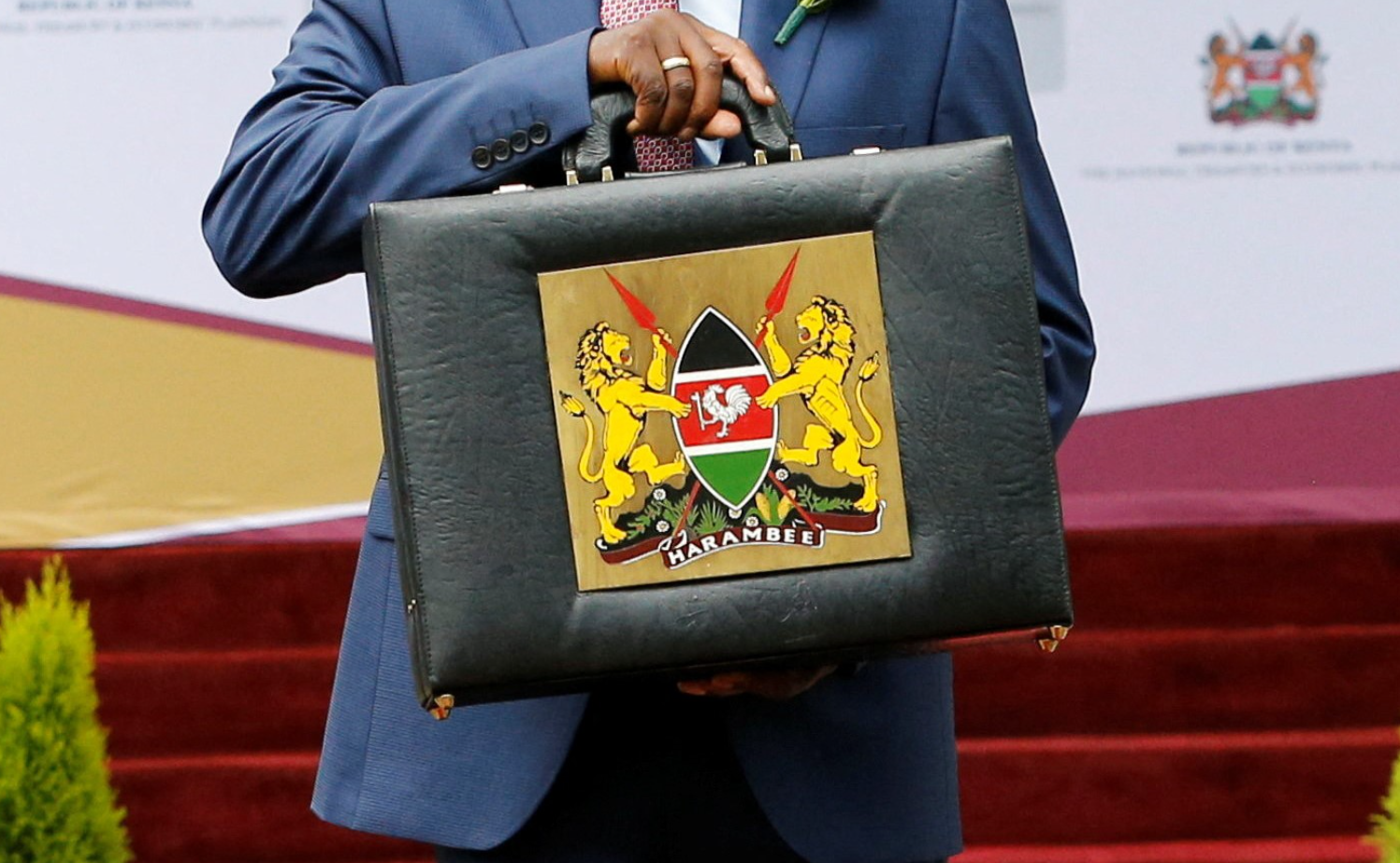Much of what to expect in the Russian President’s fifth term in office was covered in his inaugural speech on 7th May 2024. President Putin didn’t mince his words about his resolve to overcome the obstacles placed by the West, promising his people victory in the current “difficult” situation.
A day before his inauguration, Putin ordered his military to conduct the first-ever publicly announced drill involving tactical nuclear weapons, ostensibly to respond to France’s and Britain’s suggestion that their advanced weapons or troops could join the Ukraine war.
His praise of the military as “heroes fighting for their motherland” indicates that the 71-year-old leader will press on the eastern Ukraine front, downplaying sanctions and threats from the West.
Nonetheless, he was clear that Russia did not refuse dialogue but blamed the U.S., U.K., and E.U. for trying to contain his country’s development agenda instead of seeking cooperation and peace. Indeed, Putin has had a hard time dealing with the West, most of whom discredited his election and boycotted his inauguration.
However, Putin has seen this coming for a long time and has since sought to strengthen alliances with other like-minded countries like Iran, Belarus, South Africa, North Korea, India, and China. In fact, he’s expected to visit the latter this month, his first trip since being sworn in for his fifth term.
International partners will be crucial for Putin as he seeks to boost the economy and victory in the Ukraine war. Iran and North Korea have fearlessly provided hefty amounts of drones, missiles, ammunition, and other weapons, while Belarus has become a part of Russia’s war strategy.
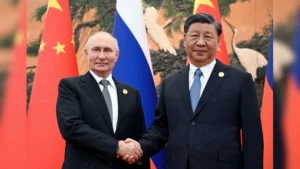
This influence is expected to solidify even across Africa, where Russia has won admirers for presenting itself as a defender of traditional norms. In March, the Head of the US Africa Command warned Congress that Russia is increasing its economic, diplomatic, and military influence across Sahel, Maghreb, and Central Africa, wooing nations that used to look to the West.
With the Wagner Group Mercenaries already deployed in Mali and elsewhere, Putin can confidently look to the future with Russian interests, security, and priorities at heart.
However, Russian citizens have little to expect as geopolitics overshadow their concerns. Unfortunately, they have little say since Putin has cracked down on any form of dissent and passed laws to ferociously deal with anyone discrediting his administration or the military.
Although he has promised his people a prosperous future, the cost of living may rise as he seeks to boost the required amount of defence. He’s also likely to take unpopular steps, such as pressuring more men to join the military and raising taxes to fund the war.
Generally, Putin has proven unpredictable in his resolve to portray Russia as formidable in geopolitics. His efforts so far seem to pay off in Ukraine and influence across the globe. Unfortunately, it might take longer for ordinary people to have their issues at the top of the agenda in his forthcoming 6-year tenure.




